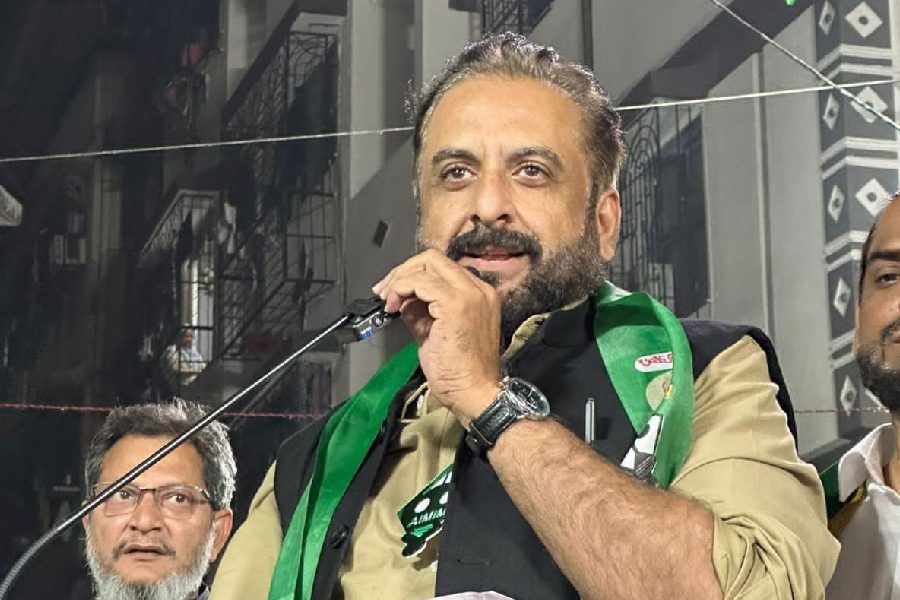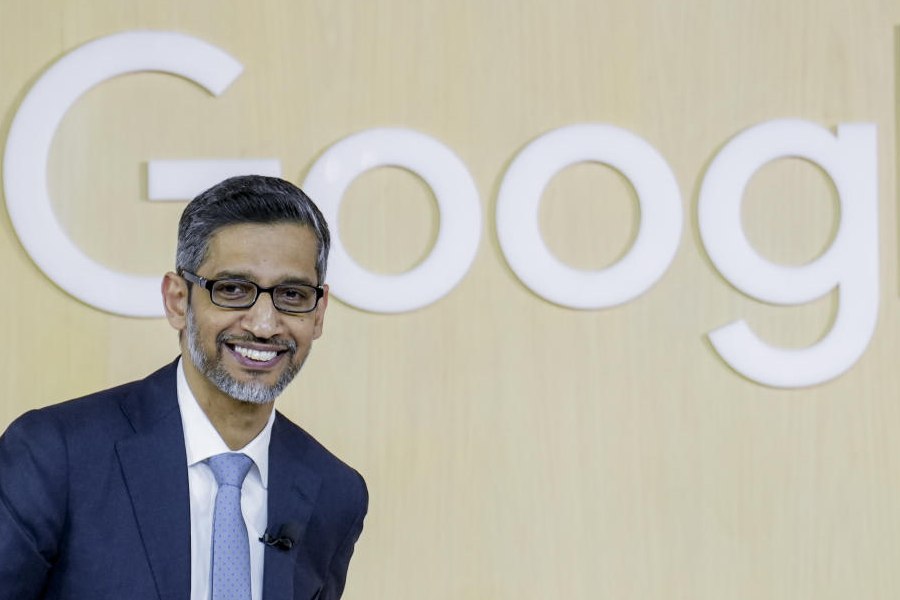|
|
The timing was superb. The Ambani brothers announced their new agreement on a Sunday afternoon, when nothing was happening and journalists were biting their nails, worried about what to put into next morning’s headlines. The headline, too, could not be more sensational: that they had agreed to bury their differences and create an environment of harmony, cooperation and collaboration. It looked as if they were about to take a leap into the past, back to the days when the father ruled the roost and the sons worked diligently for the success of a single Reliance.
And yet — the agreement itself spelt the reverse of collaboration; it said that the brothers were cancelling all non-compete agreements except in gas-based power generation. In other words, till now they were bound not to compete against each other, not to hurt each other’s interests. They have put those days of fraternal non-competition behind; now they are free to ruin each other in every industry — except gas-based power.
This single exception is explicable. If it were taken seriously, it would mean that Reliance would sell Krishna-Godavari gas to Anil Ambani’s power projects. This by itself is not impossible. The major point of contention here was the price. Reliance had bid for supplying gas to National Thermal Power Corporation in 2003, and had received a letter of intent from it for purchase of gas at $2.34 per million British thermal units in July 2004. That is the price at which Anil also should by rights have got gas for his power stations.
But some customers are just so nice. Last week, the Central cabinet approved a proposal put forward by the ministry of petroleum to raise the gas price to be paid by NTPC to Oil and Natural Gas Corporation and Oil India Limited to $4.20. Voluminous supporting documents were no doubt put before the cabinet saying how the costs of ONGC and OIL had gone up and what terrible losses they were suffering. It is only incidentally, and I am sure unintentionally, that the government is now free to offer $4.20 to Reliance for its gas as well. And if the august government pays $4.20, who is Anil Ambani to resist? He will have to fall in line. For the gas he buys from Reliance for his power projects, that is what he will pay. The Central government has delivered its vote in favour of Reliance Industries and against Reliance Natural Resources.
Nor is this the first time the government has done so. It repeatedly sent its lawyers to courts to intervene in the dispute of the two brothers over their 2005 agreement dividing up the Reliance empire. Every time, they took the side of Reliance Industries without any reason, provocation, or embarrassment. In July last year, the government brazenly filed a petition in the Supreme Court to annul the 2005 agreement between the two brothers. It was a private agreement between them to divide their inherited assets; the government had no locus standi. But it still butted in, and asked the court to tear up the agreement. Anil Ambani had then accused the minister of petroleum of taking Mukesh’s side. That may sound shocking, but it did happen that the position the government took suited Mukesh.
If Anil had any doubts left about what a powerful combination he faced, they would have been removed by the Supreme Court’s judgment of May 7. It ostensibly gave the two brothers six weeks to come back with a compromise. But it also made great play with Section 297 of the Constitution, under which underground or underwater assets “vest in” the Central government “to be held for the purposes of the Union”. So do the hydrocarbons off the Andhra coast. Supreme Court judges know the Constitution inside out; they can find some relevant section without a thought. But this particular judgment required application of thought — to the New Exploration Licensing Policy under which Reliance holds a right to exploit its Krishna-Godavari discoveries. If the Supreme Court had read the documents relating to that policy, it would have found it impossible to discover anything in them which entitled the government to override any rights Anil got in Krishna-Godavari on account of the 2005 agreement with Mukesh. The Supreme Court did not address the questions: what is Anil entitled to under the 2005 agreement, and how far has Mukesh delivered on it? It sidestepped the question by asserting that the Central government is “sovereign” in respect of underground assets and can implicitly do what it likes with them. It cannot; its sovereign rights are subordinate to the obligations it assumed under Nelp.
If I had been Anil, the Supreme Court’s judgment would have been final proof that every arm of the law in this country was against me and that I had no hope of getting justice. And if I had come to that conclusion, I would have asked myself: what can I retrieve? The answer was: whatever Mukesh would give me. And what Mukesh has given Anil is the new agreement, which says that all non-compete agreements are off. Mukesh can go into telecommunications, and Anil into oil exploration and refining. Each brother can try his best to wipe the other’s businesses off the face of the earth. Suppose they do: whom would one bet on? Mukesh by far has the greater resources and, as the last three years have demonstrated, he has far greater ability to get the support of every arm of the government. So it would be rational to bet on his winning. The agreement does not signify fraternal peace; it signifies Anil’s acknowledgment of defeat.
Why then did he sign the agreement? It is because he believes he has won a promise from Mukesh that Mukesh will not use legal means to thwart Anil’s business ventures. It is worth recalling what happened when Anil tried to merge his Reliance Communications with MTN in 2008: MTN received a letter saying that with regard to a controlling stake in Reliance Communications, Reliance had a first right of refusal — in other words, it had to be offered Reliance Communications first. It implied that if MTN wanted to buy into Reliance Communications, it had to buy off Reliance first — and the price could be sky-high. This is the kind of obstruction that Anil hopes to ward off with his new agreement.
Why then did they not scrap the non-compete agreement in oil and gas as well? I have outlined how consistently the Central government has taken Mukesh’s side against Anil in the the dispute over Krishna-Godavari gas. As long as the government has the same party in power, the same prime minister, the same petroleum minister, there is no chance that it will be any less partisan in the future. So Anil has no future in oil and gas in this country; he loses nothing by promising not to enter the industry.
Anil will survive; he can live well even if he puts his money in government bonds. But if I were a foreign investor or government, I would study very carefully how the government has used its considerable power in a shamelessly partisan manner.











